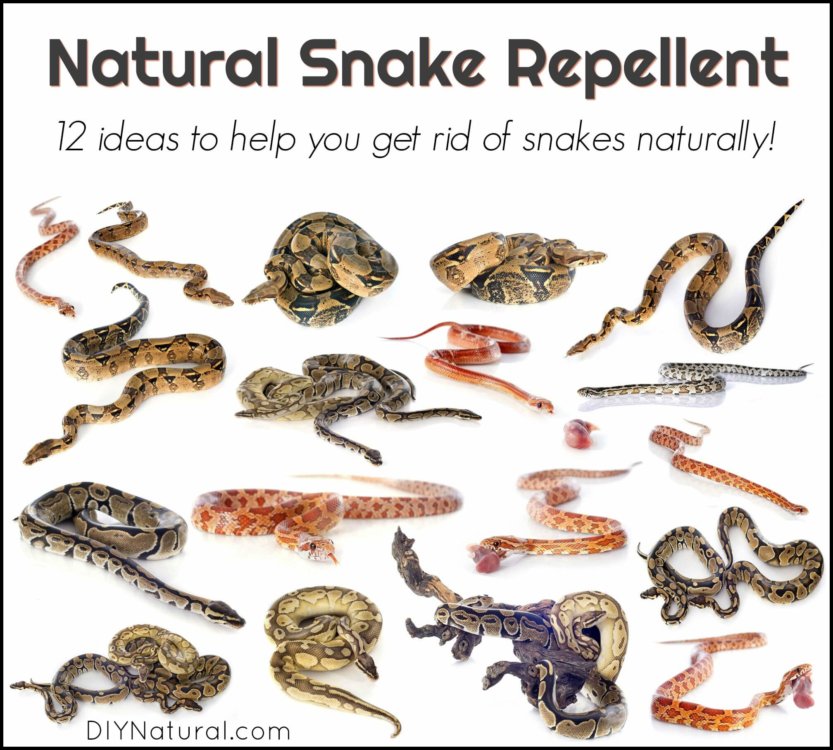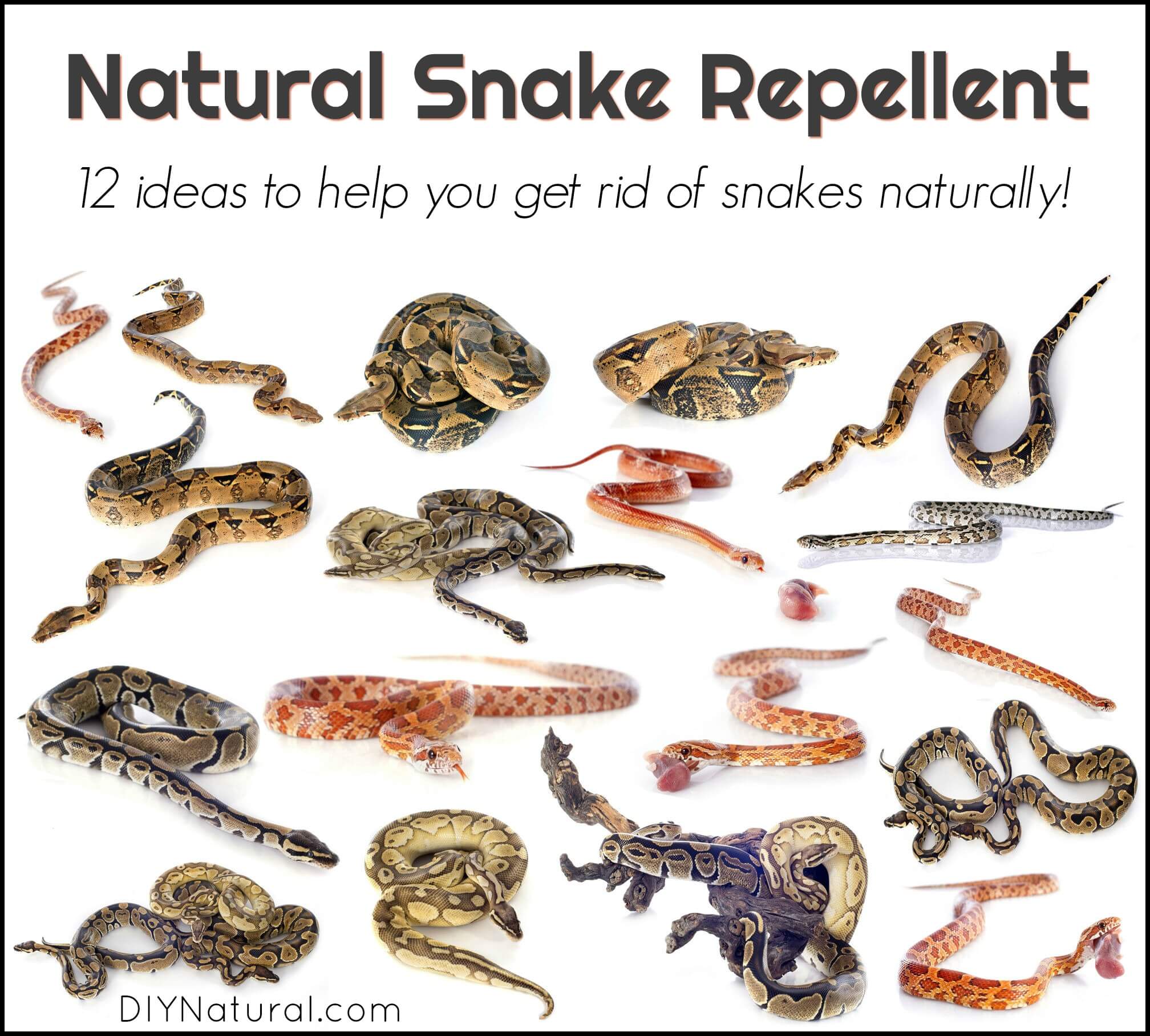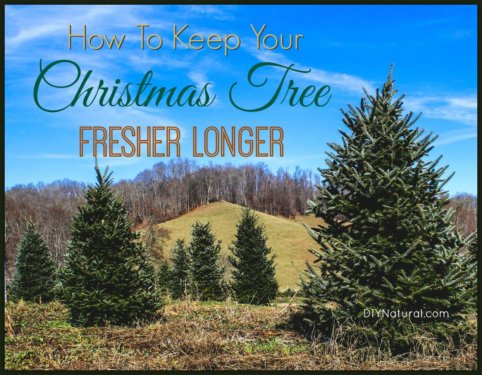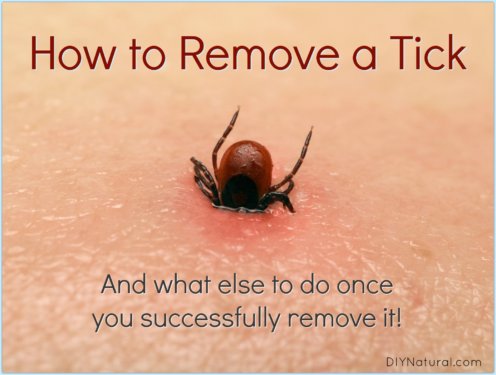
Snakes around your home can be hard to deal with but there are natural snake repellent ideas you can use to get rid of them if you so desire.
I grew up playing with snakes. Garter (Garden) snakes, Black snakes, and later, Indigo snakes. I was never afraid of them unless they startled me.
Here in North Carolina, it’s a different story. We have a lot of Black snakes, but also poisonous Copperheads, Cottonmouths, Timber Rattlesnakes, Pygmy Rattlesnakes, and more. Snakes can be beneficial, but sometimes dangerous.
I make snake repellent because killing them isn’t an option for me, but repelling them is.
Benefits of Having Snakes Around
It may not seem like snakes would be beneficial, but they can help keep rodent populations down. A single small snake can eat 3-4 mice at a time, and larger ones can go after rats. They also eat moles, voles, insects and some can even go after fish. In other areas of the country, snakes will eat animals like rabbits, nutria, and other rodents that may be destructive to homes and crops.
Non-Natural Snake Repellent
Naphthalene
One of the most common snake repellents you’ll find is naphthalene. It is found in products like Snake-A-Way. You can go a much cheaper route and use mothballs, as this is the main component in them. Just know that mothballs are not natural. I toss a few under the porch to keep the snakes from hanging out under there. Be aware that the scent of naphthalene is very pungent and can linger for weeks and even months.
Natural Snake Repellent Ideas
There are many natural snake repellent ideas that allow you to get rid of snakes without harming them.
Plant Lemongrass
It’s not known exactly how lemongrass repels snakes, but it does. Plant some around the perimeter of your home or garage as a snake repellent. Lemongrass bunches can get really large, so you’ll want to keep an eye on it.
Plant Wormwood
Like lemongrass, wormwood (from the genus Artemisia) can help keep snakes away. Keep an eye on this plant too, as it can spread rapidly.
Keep Chickens
Snakes will sometimes try to get into chicken coops for the eggs. Chickens, as well as guinea hens and turkeys, will attack and kill snakes that get into the coop. Pigs will attack snakes too.
Plant Roses
Snakes will try to get into birdhouses for the eggs too. They seem to like bluebird houses the best, maybe because they’re on a post. I plant rose bushes at the bottom of the post and wind the stems around the post. And they make for a great snake repellent. No more snakes in the bluebird house!
Essential Oils
Cinnamon, clove, and cedarwood essential oils will all repel snakes. (Find them all here.) It’s thought that snakes think the oils will melt the scales, so they stay away from them. True or not, they work to keep snakes at bay.
Plug Holes
Any holes, no matter how small, can be an invitation for a snake into your home. Plug holes using foaming sealant or tiny mesh hardware cloth or screening. Remember, having holes is a snake invitation. Plugging holes is snake repellent!
Clear Debris
Anything near structures, like mulch, shrubs, woodpiles, etc., may harbor snakes or their food sources. Clearing debris from around homes and sheds can help prevent snakes from entering the house or garage.
Garlic
Like many creatures, snakes dislike garlic. Make a spray by chopping garlic cloves and adding to oil. (Any oil will work.) Infuse the garlic in the oil for a few weeks, they strain. Transfer the oil to a spray bottle and spray around areas where snakes are known to hide.
Sulfur
Similar to essential oils, sulfur is offensive to snakes and will discourage them from entering areas where it is used. It is also the other active ingredient in Snake-A-Way.
Sharp Mulch
Using sharp mulch-type items, like coral or eggshells, may help keep snakes away.
Relocate Snakes
When all else fails, you may need to relocate snakes. A few years ago I had some snakes get tangled in some bird netting I used to protect my chickens. It was four black snakes and took a while to get them out without hurting them. Surprisingly, none of them tried to bite us while we worked to free them. We put them into a pillowcase and relocated them to a spot across the river where we lived. We never saw them again. Just make sure that you are careful in the process.
Do you have other ideas for natural snake repellent? If so, what have you done that successfully kept them away?
*******




Sorry to everyone on the use of the term poisonous rather than venomous. This article was written for the average person and most people use the two terms interchangeably, not knowing the difference.
I agree with the advice to remove the leaves and debris that invite rodents, which will in turn, invite the snakes that prey on them. Pay particular attention to bird feeders. The birds will scatter the seed, which will attract rodents and squirrels who will eat the leftovers, which will then attract the snakes that eat them. Also, after I was bitten by a copperhead, I studied their habits. I am very careful at sunset and early morning when they are active especially in the fall and spring when they move from warm weather to cold weather locations. No more bites or sightings since. Peaceful co-existence.. that’s the name of the game. Snakes serve a purpose and have a right to the earth just as humans do. I respect that right.
Thank you for your article. My Daddy made sure we recognized his ‘pet snake’ which was a king snake. We also had a lot of diamond back rattlers and copperheads. We were cautioned to watch where we were walking. I wish we had this advice when I was growing up but I’ll sure use it now.
Geese will go after snakes very aggressively and eat them
Stop the madness! There is NO natural snake repellent. NONE!
Please take yourself to the Facebook page “Tennessee Snake Identification and Education” page or at least an official page if one exists for your State. You NEED to read and understand from professional Herpetologists. Most snakes are non-venomous. The term “poisonous” you use demonstrates you do not really have a grasp of this topic.
Finally, snakes hunt rodents and other types of food sources- never people. If you have snakes around, they are there because you have rodents around- a food source. If you poison their food source, you poison them and rodents produce at a far faster rate than snakes. Do what you can NATURALLY to reduce their food source and the snake will go other places to find food. It’s really that simple.
I hesitate to take advice from this article. You referred to the snakes as poisonous. They are venomous!
In Texas, we had outdoor cats and chickens. They took care of all of our unwanted critters including the scorpions.
None of these are effective, except relocation and clearing debris. Total waste of money and possibly illegal (mothballs).
Regarding the essential oils… as a spray? Pour it around? Diluted?
I also wouldn’t use mothballs: This is from the Louisiana Health Dept: The chemicals in mothballs are toxic to humans and pets. People are exposed to the chemicals in mothballs by inhaling the fumes. If you smell mothballs, you are being exposed to these chemicals.
Well, my 89 years old Grandma { my Mommy’s Mommy } anyway, she told me this :: just keep buying couple boxes of huge Mothballs to Keep all kinds of ?? SNAKE-O out of your site every year in early Spring time… so I have been been doing that ever since she died way back in 1998′
MOTHBALLS #1 @ BEST for ?? SNAKE-O out !!!
I’m really surprised that moth balls would be recommended for anything at a site that promotes healthier, non toxic solutions since my understanding is that they are very toxic,,,,,and the chemicals don’t seem to ever go away.
We get a lot of rattlesnakes here in SE Arizona. My husband found some fencing that the squares are very small and snakes can’t get through it. He started putting it around our property. He never finished, but it would work great to keep snakes out of your property.
I have house pets would it hurt my animals mothballs